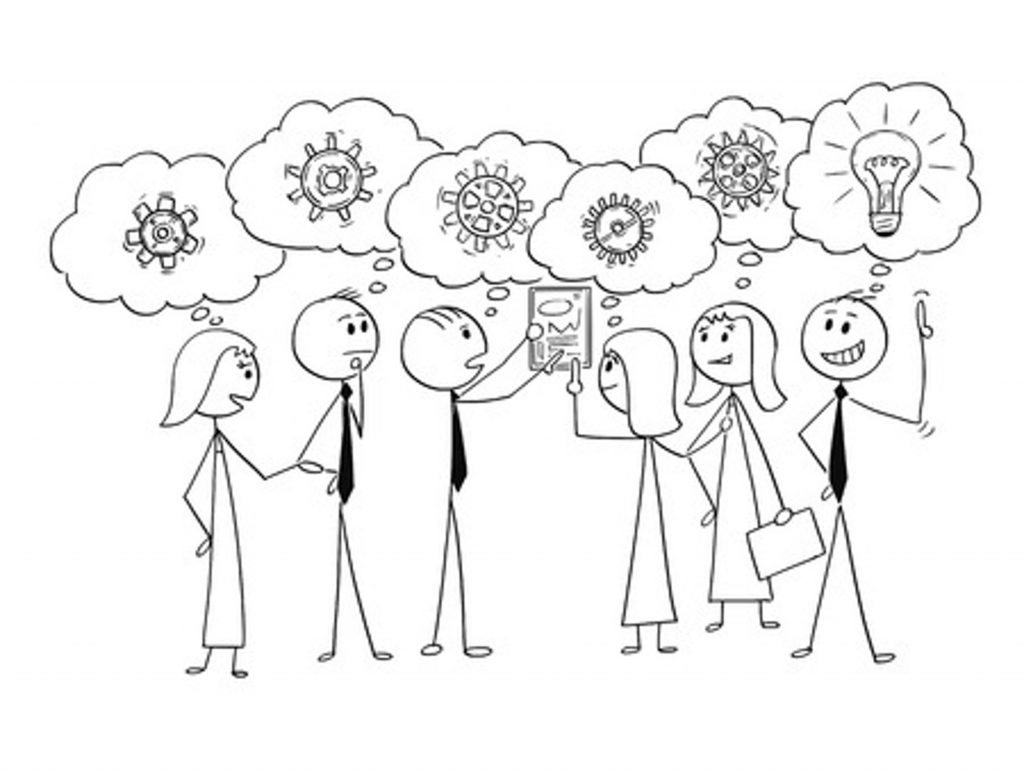Application to individual & team coaching
The systemic approach to coaching is a coaching methodology that views individuals within the context of larger systems, such as within their organization, family or community. We are all interconnected with our surroundings and are influenced by them. Therefore, changes in one part of the system can impact the whole system.
Examples:
1. A new software is introduced at work which proves problematic to use, affecting everyone. The issues may be far-reaching as frustration grows and people introduce tactics to avoid its use, improvise, and “blame” one another.
2. In our relationships with others, we tend to adopt a certain form of behaviour which then becomes an expectation and a pattern (we “learn” behaviour). Being with that person can trigger automatic responses. Are there people with whom you systematically have difficulties? Who know how to push all the wrong buttons??
I apply the systemic approach when coaching individuals: we can’t change other people’s behaviour, but we can change ours, and how we interact. Changing our behaviour disrupts behavioural patterns and can help provoke a shift in power within a professional relationship.
As a systemic team coach, I also look at the patterns and dynamics of the larger systems in which people operate, and how they behave within the system. In addition, the systemic approach recognizes circular causality as opposed to linear cause-and-effect thinking, where actions and reactions feed into each other. This means that events and behaviours are often mutually reinforcing. When people find themselves in certain situations, it can be very difficult to have perspective as everything is so interlinked. As a systemic coach, I can help team members understand the situation and gain perspective.
Collective beliefs
One of the issues that can arise within groups is the co-construction of beliefs: confirmed and strengthened within the group. For example, during COVID-19 among the pro-vaccine and anti-vaccine groups, each group firmly believed that they were “right”, and that their “reality” was the correct one. Co-created realities can be very powerful, and many examples have marked the history of human beings.
Examples of collective beliefs:

“We have little worth within this organization.” : A collective belief held in a software company.
And “Our way of doing things is the right way.”
Systemic coaching is recognised as being highly effective when coaching teams and individuals. As a systemic coach, I work closely with the team to identify collective beliefs and dysfunctional behaviour, and help them adopt more appropriate beliefs and behaviour. The team gains in efficiency but also benefits from better team relationships and well–being at work. For individuals, I use systemic coaching with other approaches including the cognitive-behavioural approach.

